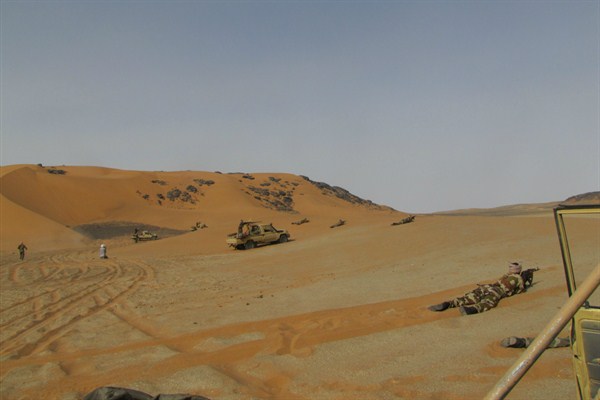Western governments mostly welcomed the re-election of Mauritania’s strongman, President Mohamed Ould Abdel Aziz, last month, despite low turnout and an opposition boycott. Mauritania’s growing importance in regional counterterrorism and security efforts against al-Qaida in the Islamic Maghreb (AQIM) and other militant groups has shielded Aziz from outside pressure to reform.
Yet the West should not confuse Aziz with the entire Mauritanian regime. His authority has limits and largely depends on the backing of the military. Moreover, though Aziz has proven to be a shrewd political operator, he is not immune to internal dissent, including among the military. Strengthening the military without monitoring delicate internal politics, therefore, risks destabilizing an important regional security ally. And the West’s failure to pressure him to be more inclusive only heightens the danger of political unrest.
Mauritania’s role in Western-supported counterterrorism operations in North Africa originated under its longtime military dictator, Maaouya Ould Sid Ahmed Taya, in the early 2000s. Taya formed close ties with the United States to obtain vital political and military aid after a period of relatively cold relations with Washington following the first Gulf War.

